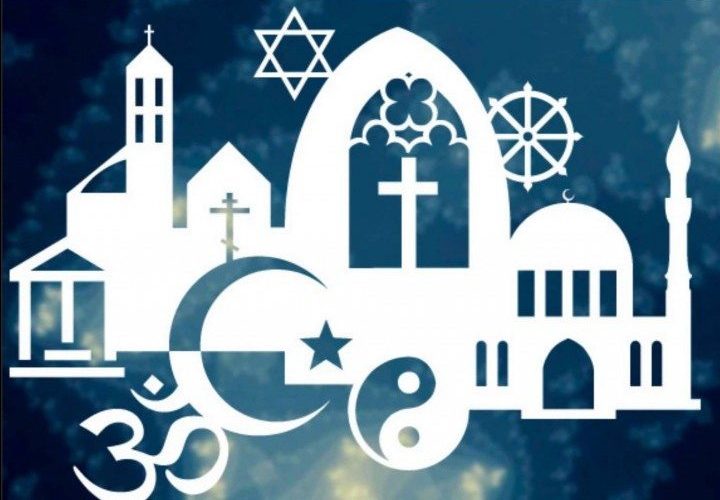By Burnett Munthali
Religion remains one of the most powerful forces shaping human behavior, values, and culture across the globe.
It serves as a source of identity, comfort, and purpose for billions of people, offering answers to life’s most profound questions.
Despite its spiritual essence, religion often extends beyond the personal realm, influencing politics, education, health, and even economic structures.
Different religions promote diverse teachings, yet most share core principles such as compassion, justice, humility, and the pursuit of peace.
However, religion has also been a source of division, fueling conflicts, discrimination, and violence when interpreted or manipulated to justify supremacy or exclusion.
In some societies, religious institutions are deeply intertwined with governance, creating tensions between secularism and theocracy.
In others, religion is relegated to the private sphere, raising concerns about moral relativism and the erosion of traditional values.
The rise of religious pluralism in today’s globalized world has brought both interfaith dialogue and fierce debates over tolerance, coexistence, and conversion.
Religious extremism, often a distortion of authentic beliefs, poses a significant threat to global peace and security.
At the same time, religious leaders and organizations play critical roles in humanitarian efforts, peacebuilding, and promoting ethical leadership.
Religion continues to evolve, adapting to scientific discoveries, technological advancements, and shifting cultural landscapes.
In many places, younger generations are questioning traditional doctrines, seeking spiritual fulfillment outside formal religious structures.
This has led to a rise in individualistic spirituality, where people combine elements from various belief systems to create personal faith journeys.
Meanwhile, others are reaffirming their commitment to age-old rituals, viewing them as anchors in a rapidly changing world.
Ultimately, religion’s enduring presence in human life highlights our collective longing for meaning, transcendence, and connection.
Understanding religion requires not only theological insight but also a sociological, psychological, and historical perspective.
Only by appreciating its complexity can we harness the best of religion to build more compassionate, just, and inclusive societies.




